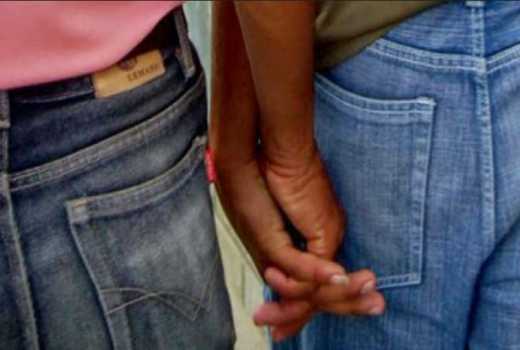×
The Standard e-Paper
Kenya’s Boldest Voice

The Court of Appeal has declared that anal examination of suspects by police and medical officials to extract criminal evidence of homosexual conduct is unconstitutional in a landmark judgement delivered in Mombasa on Thursday.
Three judges in Mombasa railed at police and medical officers who subjected two men to these tests at the Coast General Hospital based on a magistrate’s order and declared that exercise was not only illegal, unconstitutional but also unreasonable and totally unreasonable.